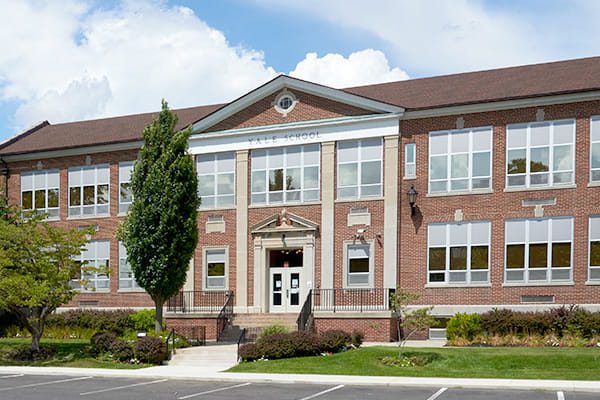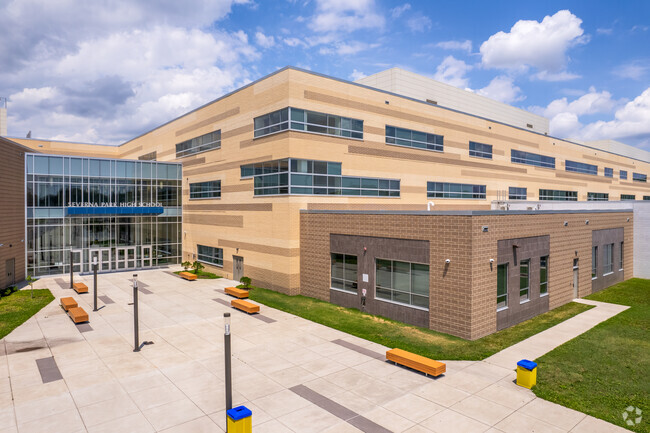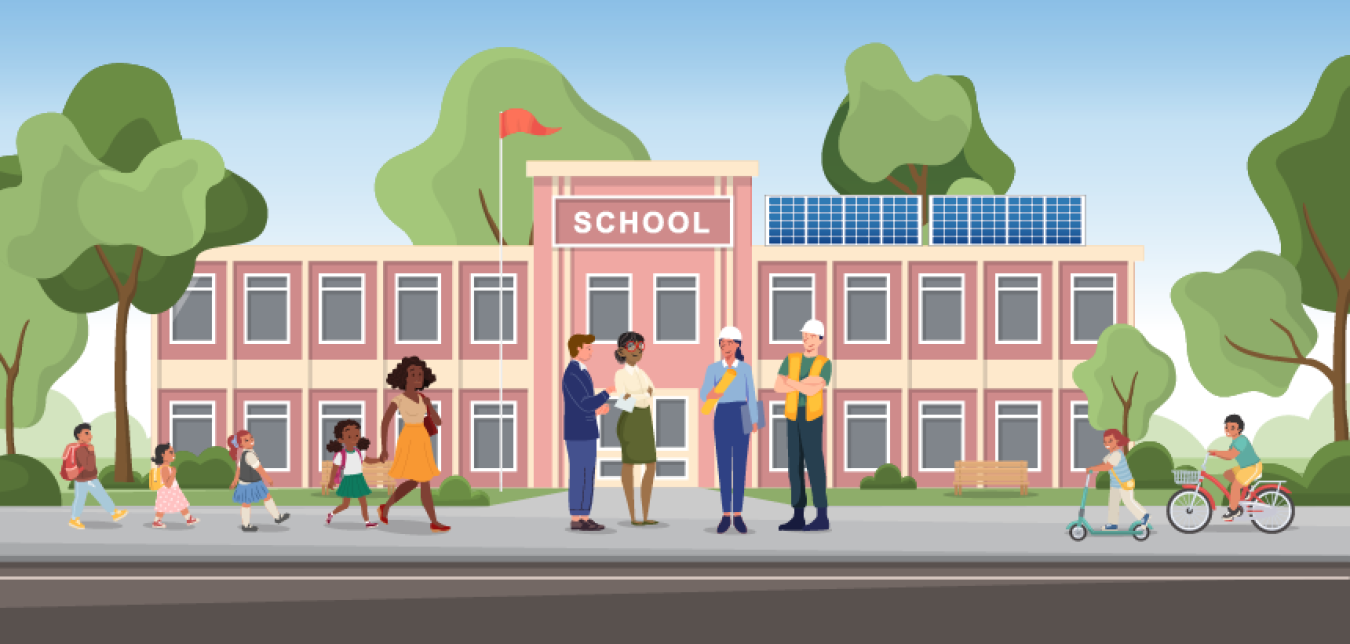Discover the Conveniences of Advocacy: Save Temecula Schools
Discover the Conveniences of Advocacy: Save Temecula Schools
Blog Article
Understanding the Importance of Institutions in Child Advancement and Area Development
Institutions' involvement with local areas through service-learning initiatives reinforces the bond between families and instructional establishments. This symbiotic relationship underscores the significance of colleges in supporting energetic citizenship and lifelong knowing practices.
Academic Accomplishment
Academic accomplishment works as a keystone of youngster growth, supplying the structure upon which future understanding and success are constructed. Schools play an essential role in fostering this academic growth, offering structured atmospheres where kids can obtain necessary expertise and cognitive skills. Standard educational program make sure that trainees gain effectiveness in core subjects such as mathematics, scientific research, and language arts, which are critical for both college and expert opportunities.
Along with passing on fundamental academic skills, colleges also cultivate critical thinking, analytical capabilities, and intellectual curiosity. These cognitive competencies are important for browsing complicated real-world situations and adjusting to the ever-evolving demands of the modern-day workplace. Teachers, as facilitators of learning, utilize diverse instructional techniques to accommodate different discovering styles, thereby making best use of individual trainee capacity.
Moreover, scholastic success is very closely connected to self-esteem and inspiration. Kids who experience academic achievements are more probable to create a positive self-concept and a lifelong enthusiasm for understanding. Colleges additionally use various resources, such as libraries and modern technology, which further enhance the instructional experience and prepare students for a highly advanced society.
Social Ability Growth
Beyond academic achievement, the duty of institutions in social skill growth is vital. Schools work as a main venue for youngsters to learn and exercise important social skills such as teamwork, interaction, and conflict resolution. In the organized environment of a classroom, pupils communicate with peers, teachers, and other college staff, offering numerous possibilities to create these vital capabilities.
Efficient social ability growth in schools is assisted in with group tasks, collaborative jobs, and extracurricular programs. These interactions aid trainees recognize social norms, construct empathy, and promote a feeling of neighborhood. Group projects show trainees exactly how to function together towards a common goal, listen to various perspectives, and navigate differences constructively.

The growing of social skills throughout academic year lays a structure for future personal and expert connections. Save Temecula Schools. As students grow, the ability to successfully interact and work together ends up being progressively crucial, highlighting the institution's critical role in alternative kid growth
Exposure to Variety
Exposure to diversity in schools is basic to promoting a comprehensive frame of mind and expanding pupils' point of views. Schools act as a microcosm of the broader society, and coming across varied societies, languages, find here and socioeconomic histories within this setting equips students with crucial skills for browsing a significantly globalized globe. This direct exposure urges compassion, lowers bias, and promotes common regard among peers.
Study suggests that students that communicate with peers from different backgrounds display better analytical skills and imagination. This understanding of variety prepares students for future workplaces that value modern proficiency - Save Temecula Schools.

Neighborhood Involvement
The advantages of varied class extend beyond the institution wall surfaces, cultivating a strong sense of neighborhood engagement among trainees. By interacting with peers from various cultural, socioeconomic, and ethnic backgrounds, students get a broader point of view and a gratitude for diversity. This exposure motivates them to end up being energetic residents who want to add positively to their areas.
Institutions that highlight area interaction usually incorporate service-learning jobs, which allow pupils to resolve real-world description problems while using scholastic abilities. These jobs not only boost pupils' understanding of their coursework however likewise instill a feeling of duty and empathy. Partnerships between institutions and regional organizations provide pupils with chances to participate in neighborhood occasions, further strengthening their role as aggressive community participants - Save Temecula Schools.
In addition, adult and neighborhood involvement in colleges reinforces the bond in between schools and the neighborhoods they offer. They create a joint atmosphere that benefits all stakeholders when schools open their doors to community occasions, workshops, and volunteer chances. This shared support group guarantees that students obtain alternative development, preparing them to end up being all-around people that add and value to their neighborhoods. Through these efforts, institutions play a crucial function in supporting neighborhood interaction and promoting societal development.
Lifelong Knowing Routines
Creating lifelong learning practices is necessary for a youngster's continual development and flexibility in an ever-changing globe. Schools play a pivotal role in instilling these routines by developing a setting that cultivates inquisitiveness, crucial reasoning, and a love for understanding. Via extracurricular activities and diverse educational programs, teachers urge pupils to explore numerous topics, evaluate information seriously, and apply their finding out to real-world scenarios.

Additionally, institutions provide an organized setting where youngsters can create self-control and click for more info time monitoring abilities, both of which are important for continuous understanding. By highlighting the relevance of establishing objectives, reviewing progress, and adjusting strategies, schools prepare pupils to navigate the intricacies of grown-up life, ensuring they stay lifelong learners and factors to society.
Final Thought
In final thought, schools are necessary in promoting youngster advancement and community development by providing atmospheres helpful to academic success, social ability growth, and exposure to diversity. Inevitably, institutions grow long-lasting discovering habits, equipping people with the necessary understanding and abilities to contribute positively to society.
In the structured setting of a classroom, students interact with peers, teachers, and various other institution team, providing countless possibilities to establish these vital abilities.
In essence, direct exposure to diversity within institutions not just enriches specific students but likewise enhances the social fabric of the community as a whole.
The benefits of varied class extend past the school wall surfaces, promoting a strong feeling of community engagement among students.Institutions that emphasize area engagement often incorporate service-learning projects, which allow pupils to address real-world issues while using scholastic skills. Partnerships in between institutions and neighborhood organizations give students with chances to get involved in neighborhood events, further solidifying their role as proactive area participants.
Report this page